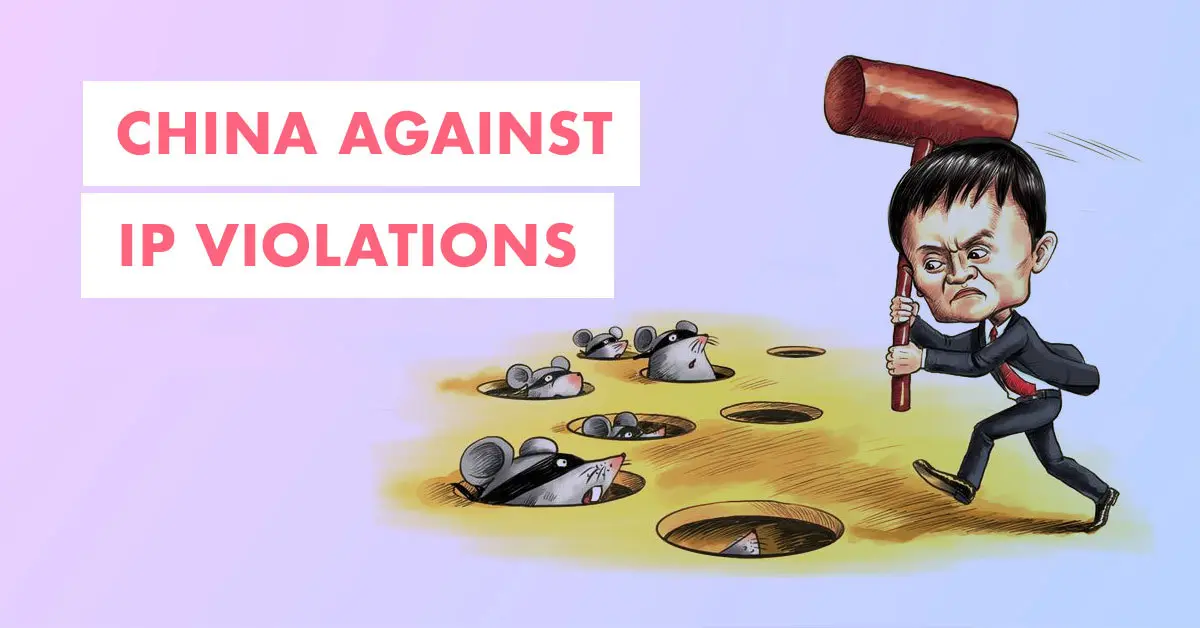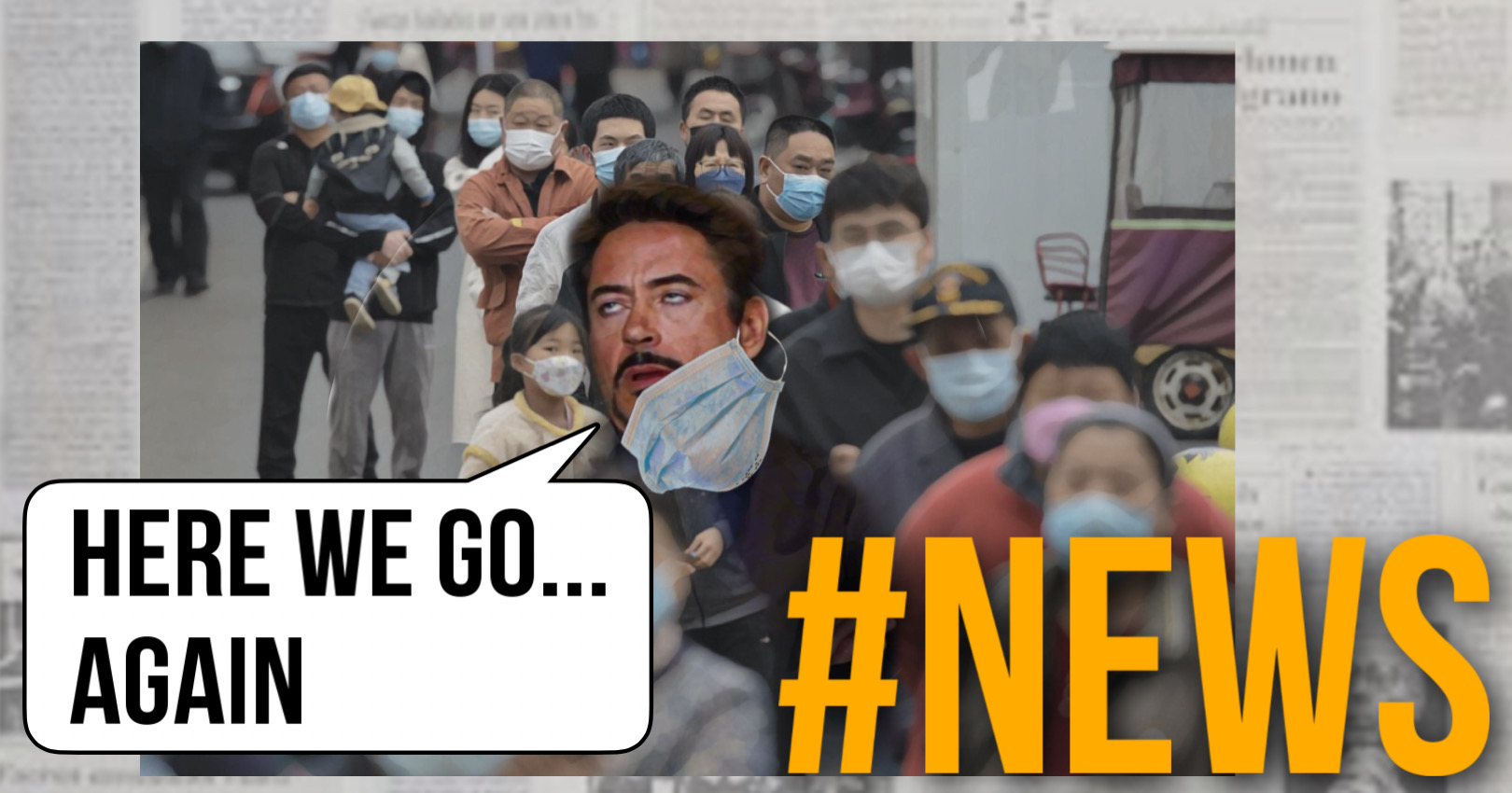A shift in China’s COVID-19 policy remains a distant prospect
Shanghai is easing its two-week lockdown, but most of its businesses still are closed. The redirection of goods is becoming more difficult and expensive as cargo facilities in other Chinese cities are now overcrowded. Trucks are still forbidden to enter and leave the city without a special permit, valid only for 24 hours and only on specific routes.
Moreover, this week the manufacturing hub of Guangzhou closed itself to most arrivals after 23 new Omicron were reported. The city is not under complete lockdown yet, but only citizens with a “definite need” and who have procured a negative COVID test within 48 hours of departure may leave Guangzhou, reports Supchina.com.
There is a possibility of stricter government measures to fight the virus in the city, so we advise to take this into consideration while planning shipments in the near future.
Meanwhile, President Xi on Wednesday ruled out the possibility of easing controls and trying to live with the virus.
“Prevention and control work cannot be relaxed,” Xi said, according to the official Xinhua News Agency. “Persistence is victory.”
More Amazon news

Amazon got caught copying products and manipulating search results
Amazon got caught cheating? Amazon has been repeatedly accused of copying third-party sellers’ products and then manipulating the search results to favor Amazon’s own brands. The company has denied the accusations. Reuters got access to internal Amazon documents...

China energy crisis wreaks havoc in the manufacturing sector
China in the dark Factories in China's busiest manufacturing provinces have been ordered to suspend production for up to a week or even longer, prompting concern global supplies of goods might be disrupted. China is in the midst of an energy crisis that has turned...

China stands up to protect intellectual property
E-commerce sites must guard intellectual property or be shut in China China plans to tighten oversight of e-commerce platforms like Alibaba Group over the infringement of intellectual property rights. Companies would lose their trading...


